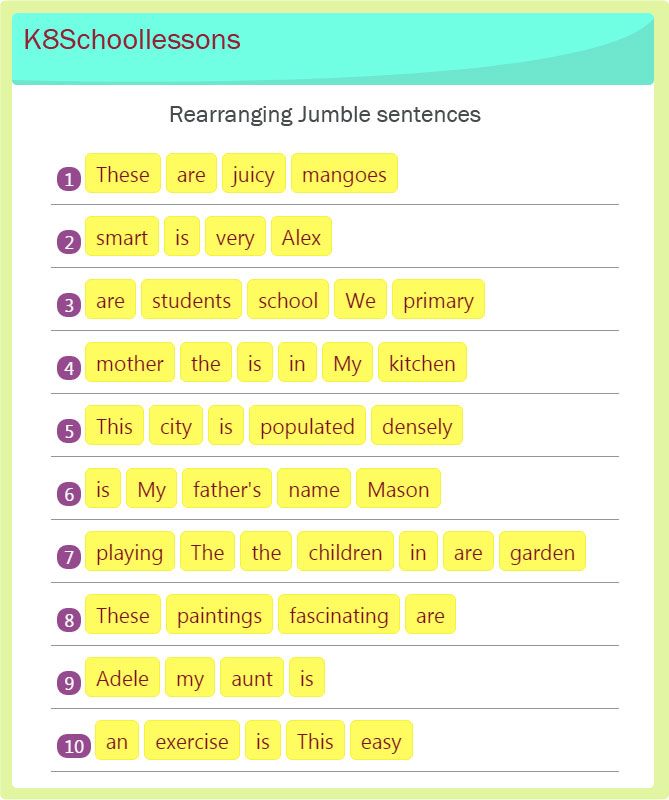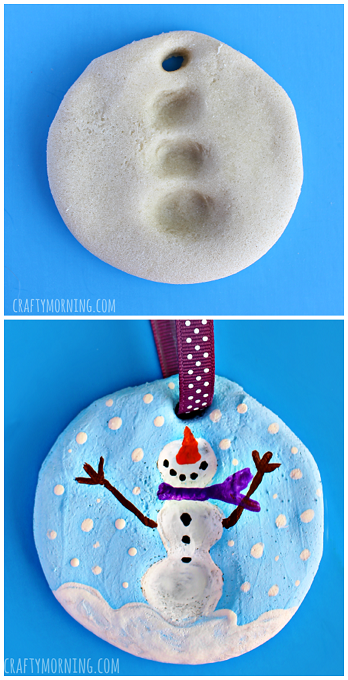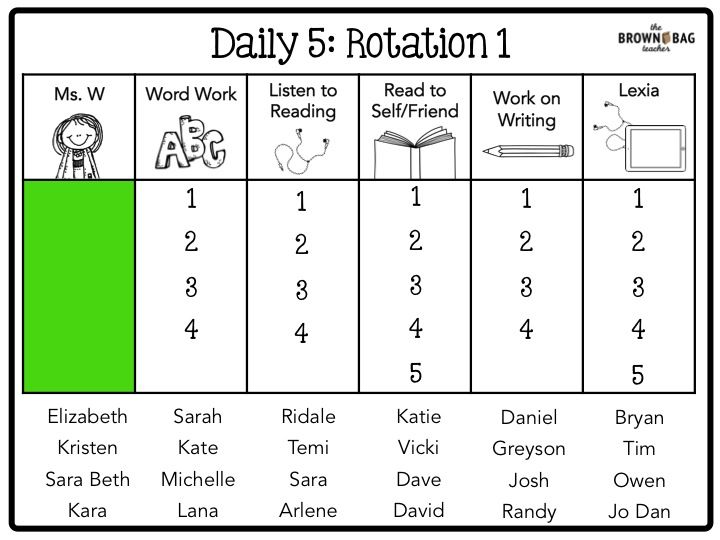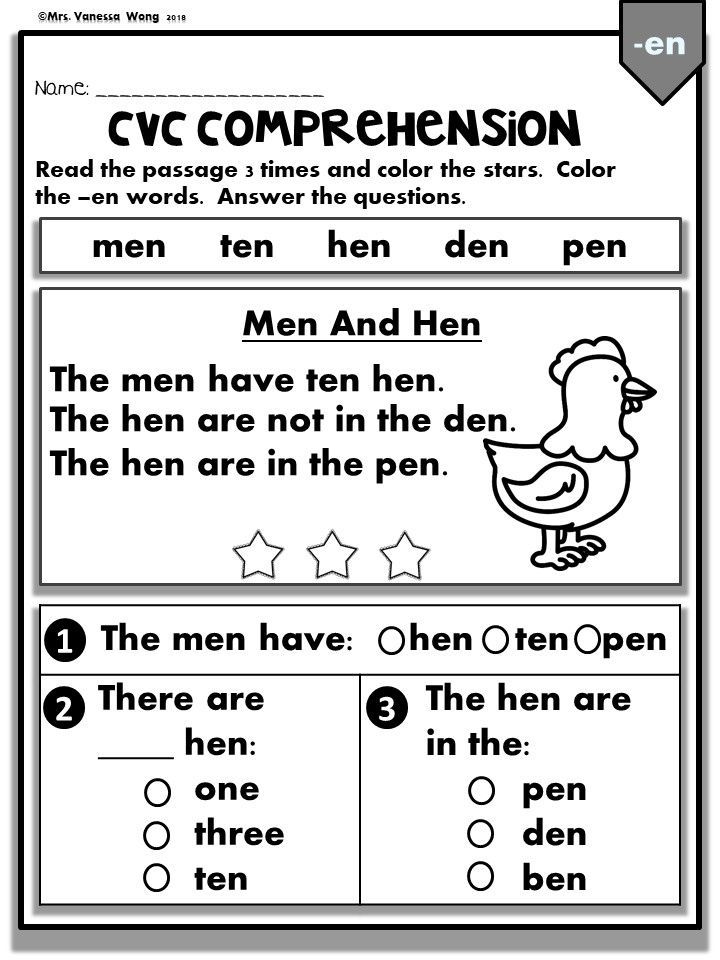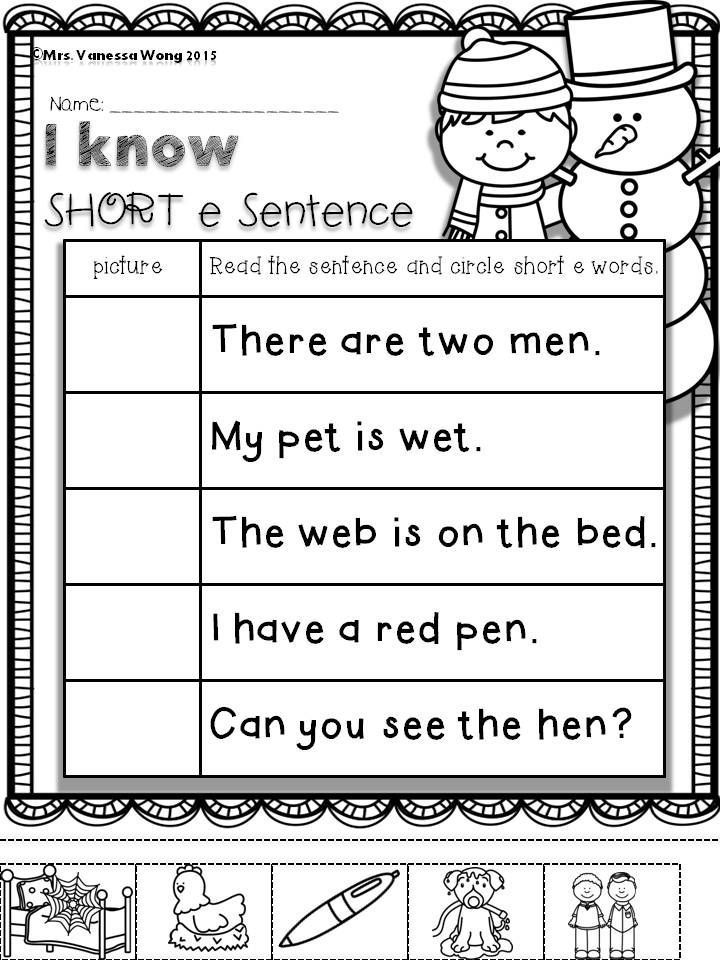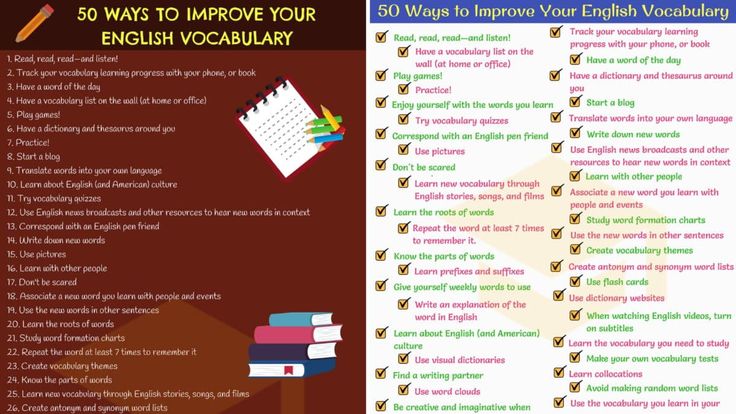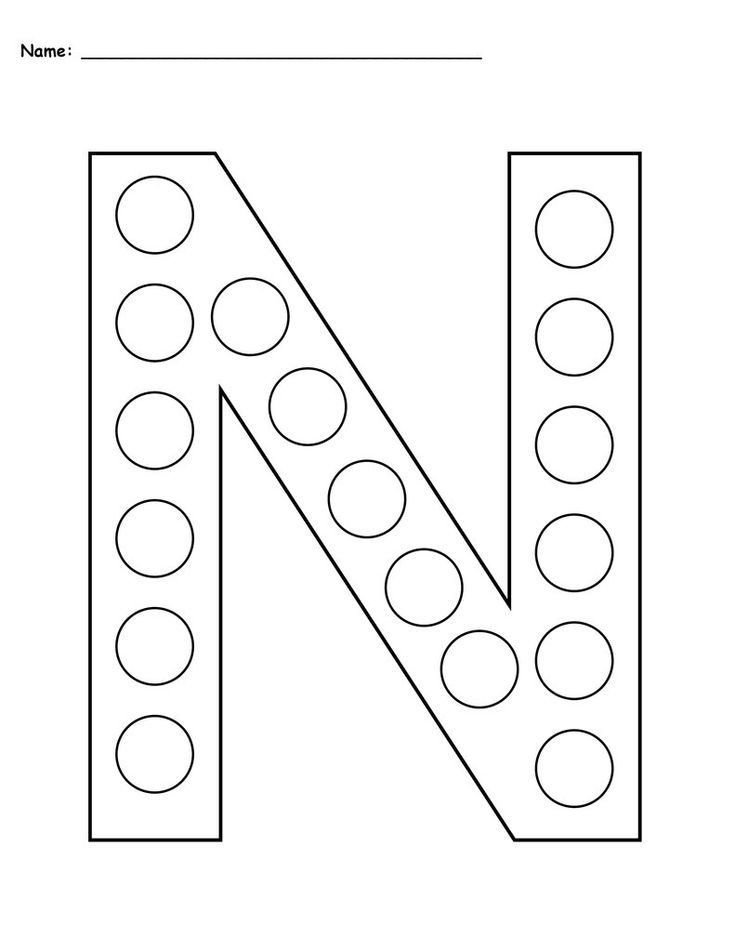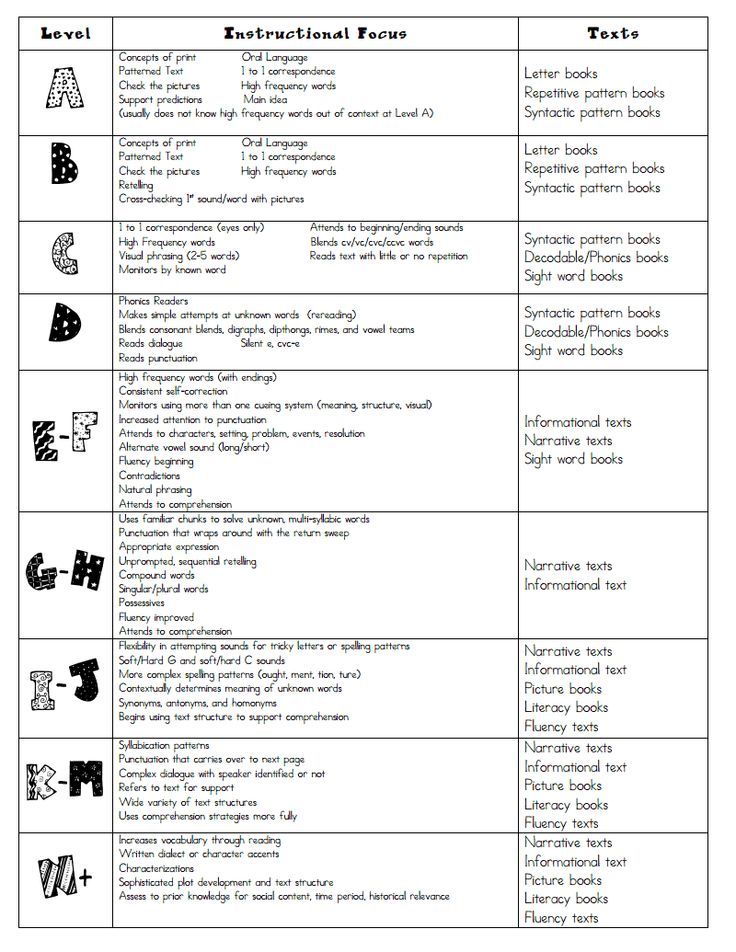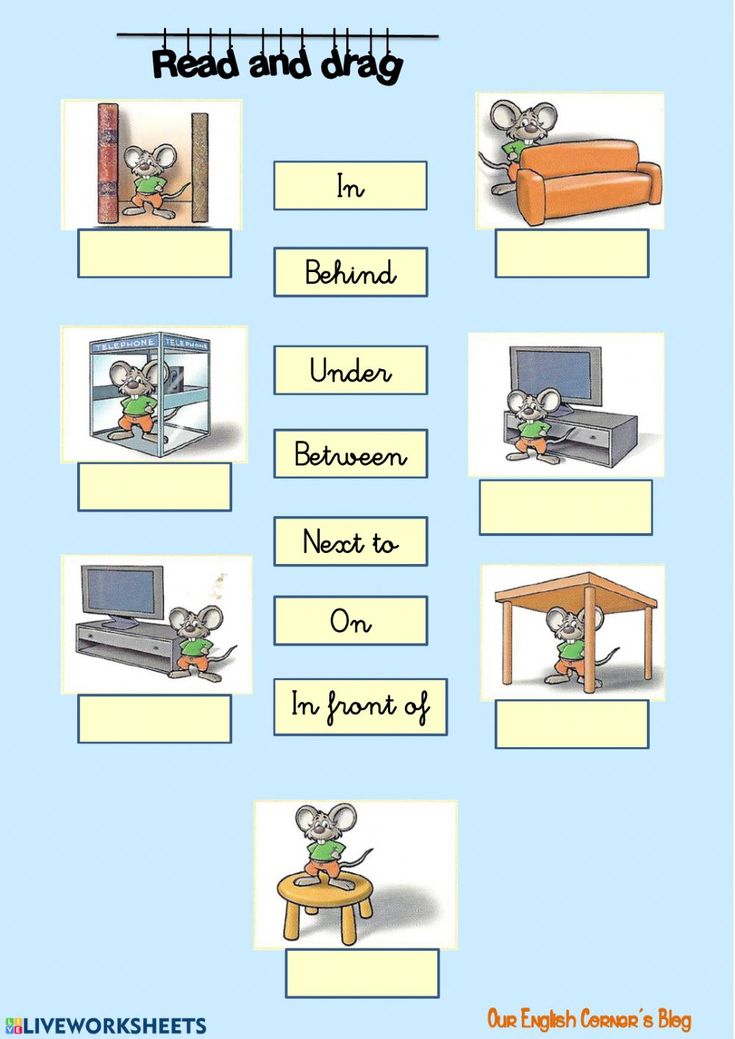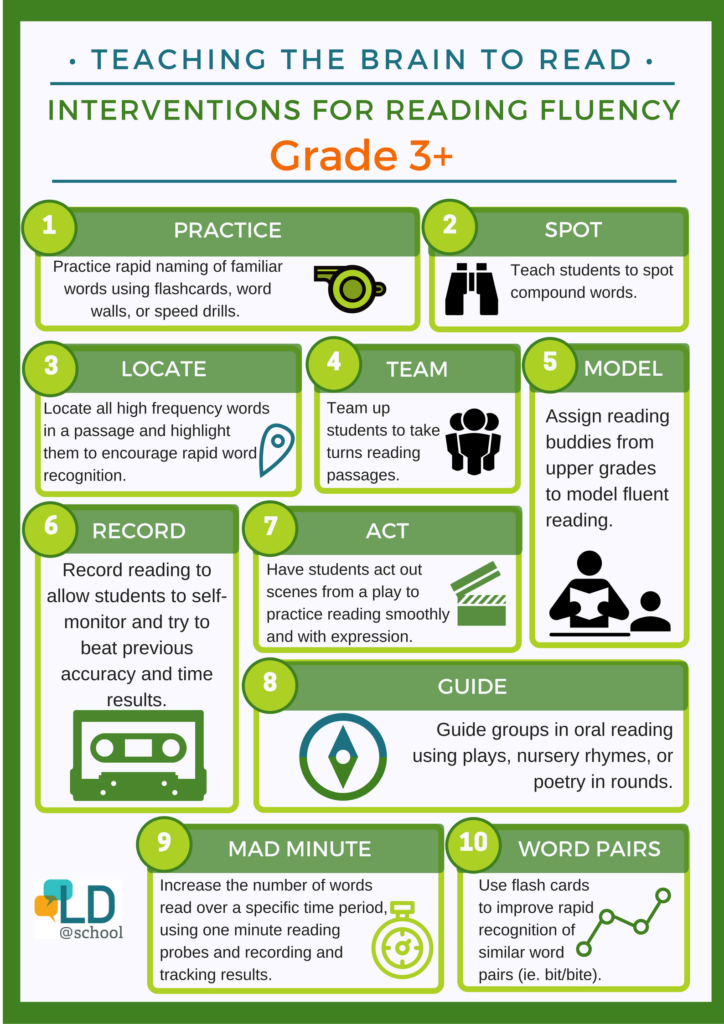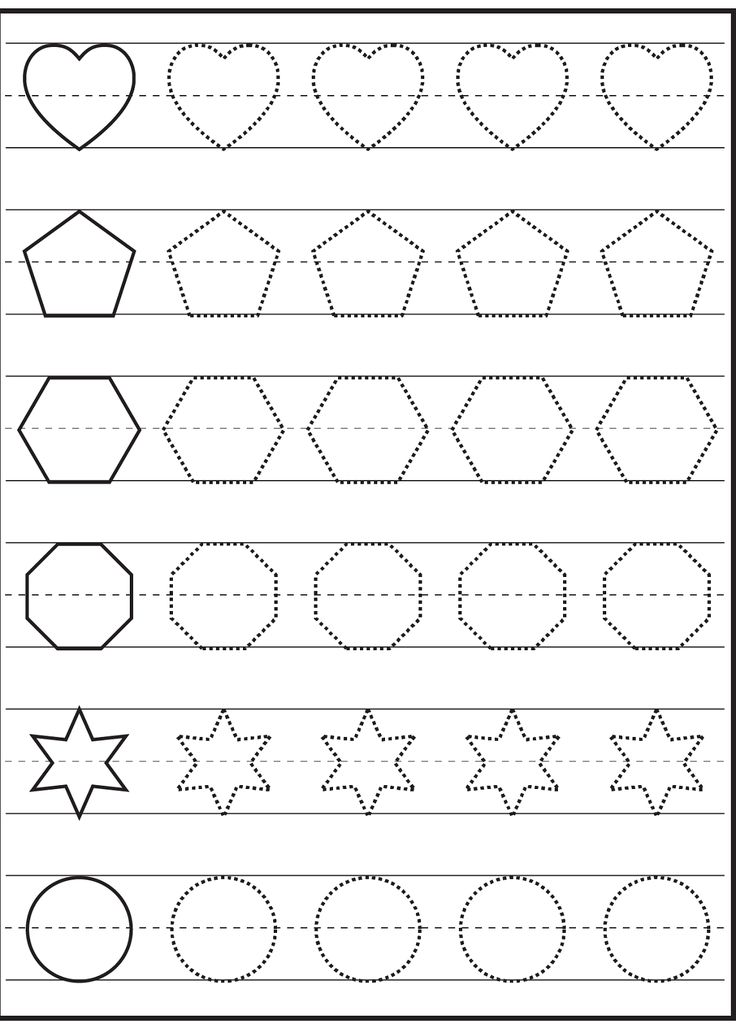Simple sentences kids
How To Make The Most Of Simple Sentences For Kids
When a child finally learns how to construct their own simple sentences, for kids (and parents!), it’s a really special moment.
Word combinations such as “knee sore” turn into, “Mommy, my knee is sore.” Or “now juice” develops into, “Can I have some juice?”
There’s no denying the importance of sentences — they help us better express our thoughts and feelings. So the only question now is: How can you help your child start constructing their own sentences so that they, too, can communicate better?
Two words: simple sentences.
When Do Kids Start Forming Sentences?
Children start forming sentences once they know a few words. But language development is quite a journey!
Somewhere between 18 and 24 months, a toddler will begin constructing two-word “sentences,” like “want milk” or “no sleep.” At this stage, they are linking two or more words together to express an idea. This is the first step and a big milestone.
By four years old (sometimes earlier), most children are speaking in complete sentences. But that doesn’t mean they’ve reached the end of their sentence journey.
While your child may be speaking in complete sentences, finding playful ways to expose four and five year olds to sophisticated aspects of sentences while being kid appropriate is beneficial. This will help them continue developing their language skills.
One of the best ways to do so is to encourage children to speak in complex sentences to express their ideas. How? This can be achieved by simply resisting the temptation to simplify our own speech.
Remember that children are learning sponges! They will naturally pick up on the language habits you expose them to. So, continue speaking in complex sentences while in their presence. It’s not a bad thing if your child asks, “What does that mean?”
Of course, simple sentences come first.
What Makes A Simple Sentence?
A simple sentence is the most basic form of a sentence.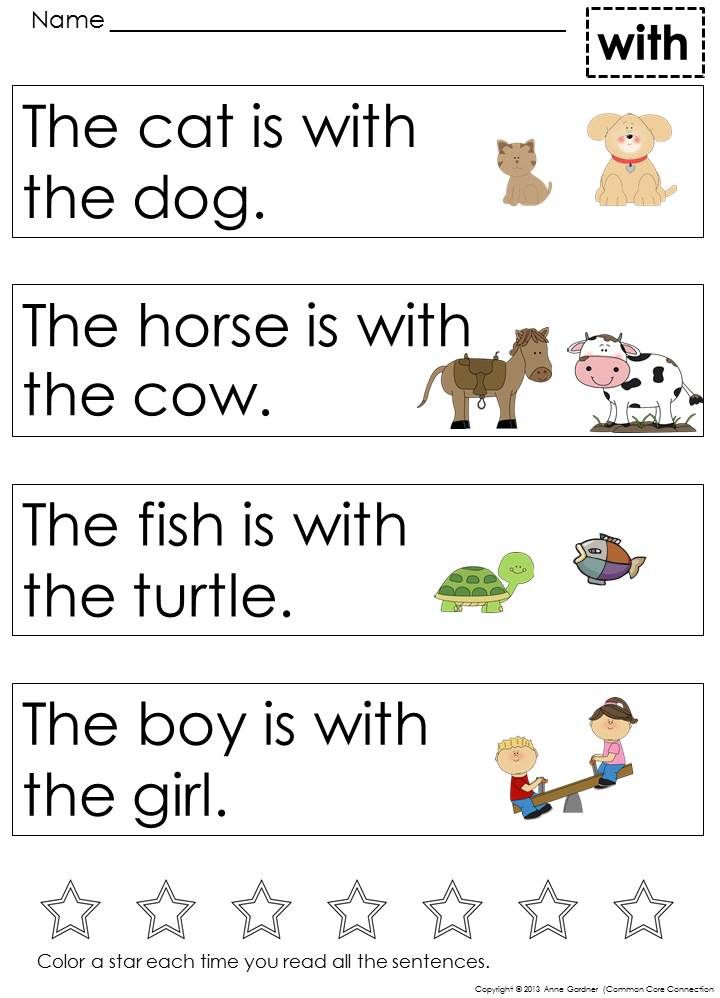 It contains only one independent clause — a group of words that forms a complete thought and is made up of a subject and predicate (which includes a verb and expresses what is said about the subject).
It contains only one independent clause — a group of words that forms a complete thought and is made up of a subject and predicate (which includes a verb and expresses what is said about the subject).
For example, in the simple sentence, Thomas kicks the ball, “Thomas” is the simple subject and “kicks the ball” is the predicate, with “kicks” being the verb, or simple predicate.
Simple sentences for kids are mostly short, but they can also be long. The length of the sentence isn’t the focus. What’s important is that the basic elements (subject and predicate) are always present.
When we communicate in our everyday lives, there’s usually a good mixture of both simple and more complex sentences without us even thinking about it. In order to help our kids reach this effortless communication stage, we need to help them understand the basics.
The good thing about the English language (and every other language, actually!) is that once you understand the basics, moving on to complicated structures is easier.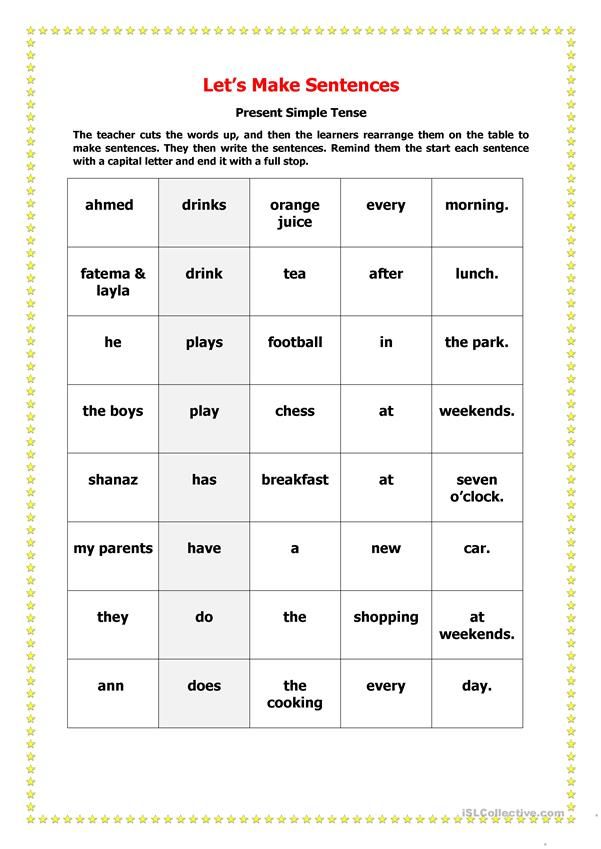
Simple Sentences For Kids To Act Out
One of the best ways for children to learn is through acting things out. If you have an active young child who enjoys moving around, why not use their energy to encourage some learning?
Here are some simple sentences for kids they will have fun acting out.
- He reads a book.
- The dog barks.
- The cat sits on the mat.
- I hop on one foot.
- The pig gobbles his food.
- The rooster crows.
With these sentences for kids, your child will have a blast while naturally learning what makes up a sentence!
Other Ways To Practice Sentences For Kids
1) Use Pictures
We recommend having your child use pictures to make up stories. You can even record the stories and listen to them for a little added fun!
If your child wants to write their ideas, too, that’s great! But don’t worry about standard spelling; much more important is the creative effort involved in thinking of a great story composed of interesting sentences of their own creation.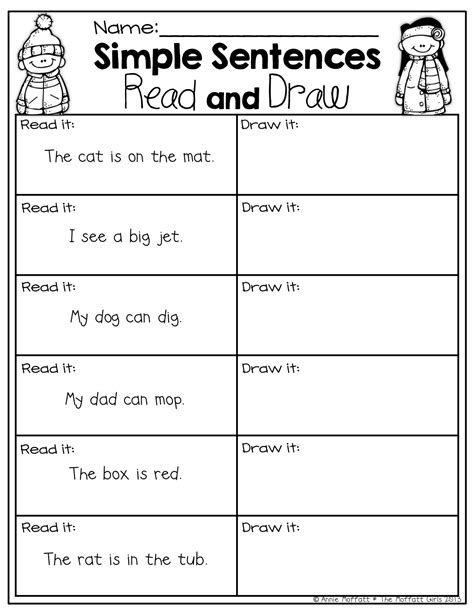
You can use pictures of animals, nature, sports, or even family photos. Then encourage your child to share whatever comes to their mind after having a look at these images.
During the first session, your child may need a few verbal prompts to help them get started. Simple questions like, “What’s happening in the picture?” or “What does this image remind you of?” can help to get their creativity flowing.
If you have multiple children, you can allow them to share what they came up with about the same image. As individuals, they will most likely think of different sentences, so this is a great opportunity to emphasize how everyone has unique ideas.
We encourage you to allow your children creative freedom here. The idea is to place an image in front of them and let them create anything they feel like creating.
2) Play Sentence Games
If you’ve been following our blog for a while, you’ll know one thing for sure — the HOMER team loves a good game! Games are not only fun, but they’re also great ways to help children remember fundamental learning concepts.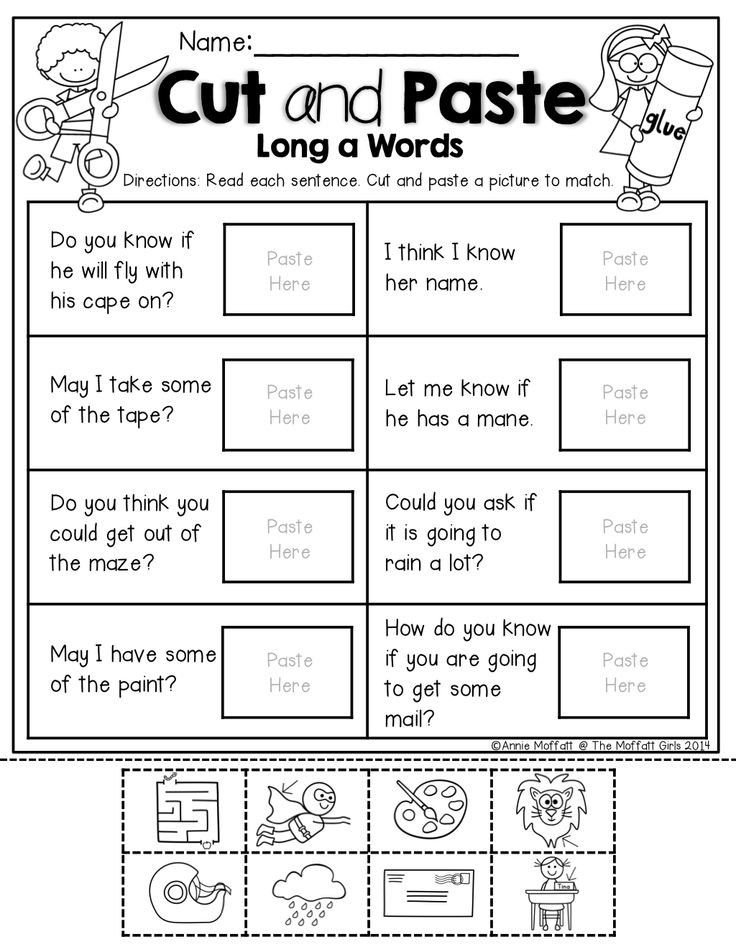
One of our favorite sentence games is Sentence Mix & Match.
What You’ll Need:
- Several index cards
- Markers to write with
What To Do:
- Write interesting subjects on half of the index cards (Ideally, these are things that your child likes. For example: dinosaurs, ice cream, different shapes, colors, etc.).
- On the other half, write predicates or sentence endings that make sense with your individual subjects.
- After writing, place the cards so that they make realistic sentences.
- Then, turn all the cards over and shuffle them. At this point, you want to ensure that you separate sentence beginnings and endings.
- After the shuffle, turn your cards over and discover what silly sentences you get.
- Remember to begin the subject cards with capital letters and sentence-endings cards with a period.
This is a fun activity to help children see that sentences are not always set in stone. They will also quickly learn that the meaning of a sentence can change when words get moved around.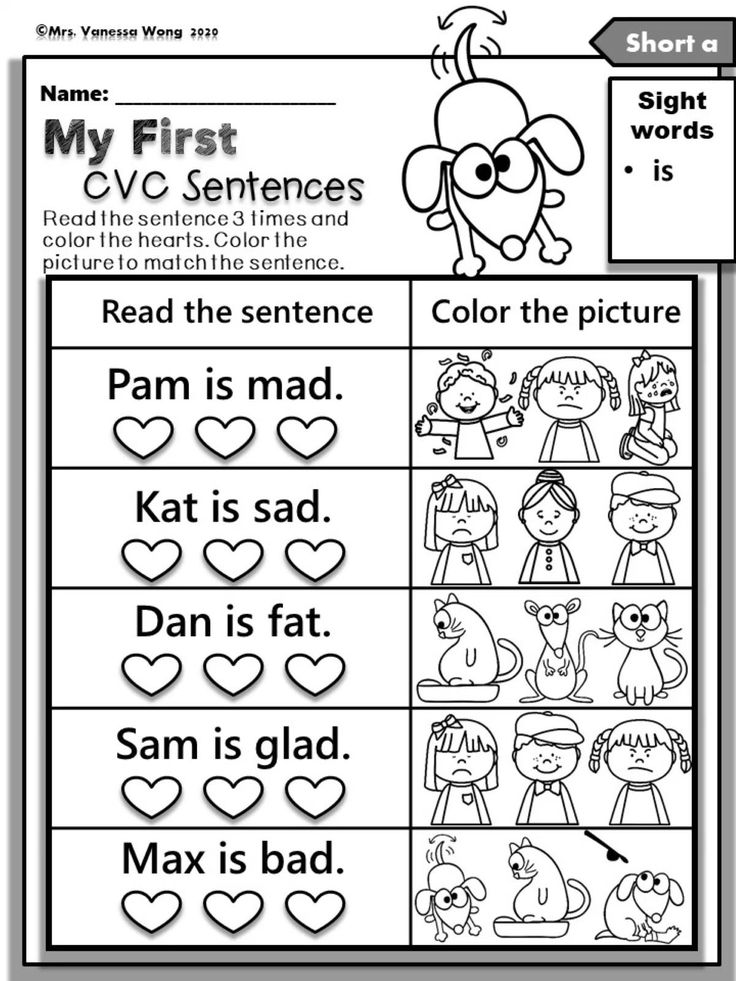
3) Play With Types Of Sentences
Sentence Mix & Match is not the only way to help children learn sentences for kids while also having fun. Another activity we’re huge fans of is playing with types of sentences. Specifically — statements, questions, and exclamations.
To get started, pick any simple sentence that your child will already be familiar with (e.g., “I like playing outside.”).
Next, encourage your child to say this same sentence as a statement, a question, and then an exclamation.
Similar to Sentence Mix & Match, this game helps children understand that minor tweaks can change the meaning of a sentence.
Children will come across punctuation marks during reading time, but they may not always understand the significance of each. This game will help your child learn how periods, question marks, and exclamation points affect a sentence.
5) Make A Switch
The subject and predicate for each simple sentence have a specific function.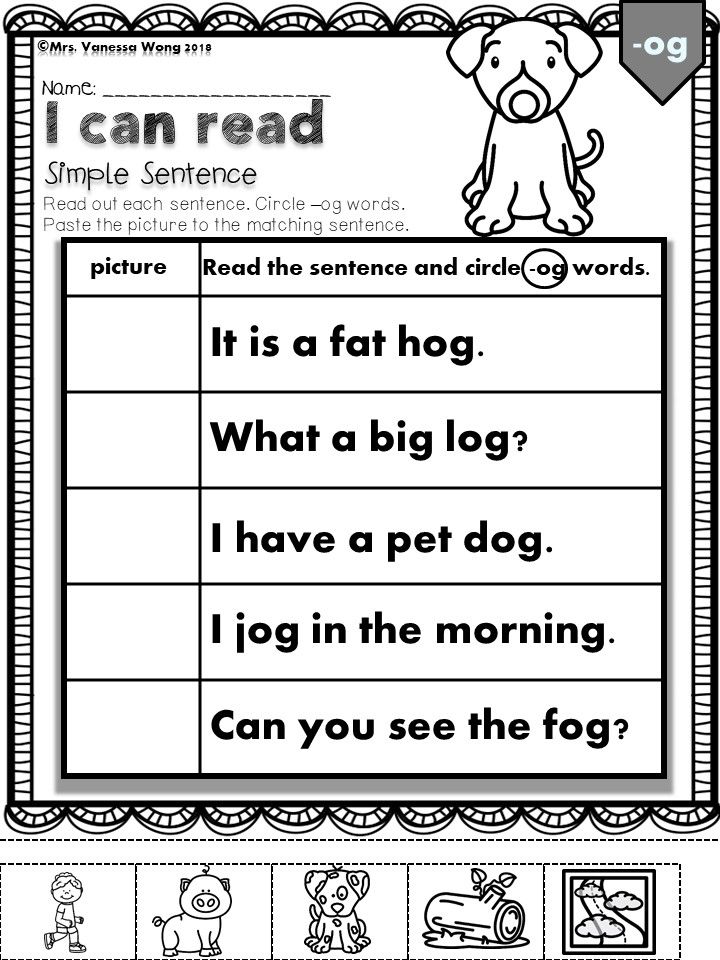 For children to use these correctly, they will need to understand what their roles are.
For children to use these correctly, they will need to understand what their roles are.
When kids start speaking as babies and then toddlers, they often repeat words, phrases, or the simple sentences they’ve heard from you, your partner, siblings, or other people around them.
At this stage, they haven’t fully grasped the functions of subjects and predicates. If we want to help our children develop their own sentences, we will need to help them understand the roles of these sentence parts.
A creative game they (and you!) will enjoy involves switching the subjects and predicates of a sentence.
Start with a simple three-word sentence, like, “A cat played.” Then take turns changing either the subject or the predicate of the sentence.
This may look something like this:
- A cat jumped
- A dog jumped
- A dog growled
- A gerbil growled
- A gerbil scampered
Once your young learner is confident switching three-word sentences, move on to four words, five words, and so forth.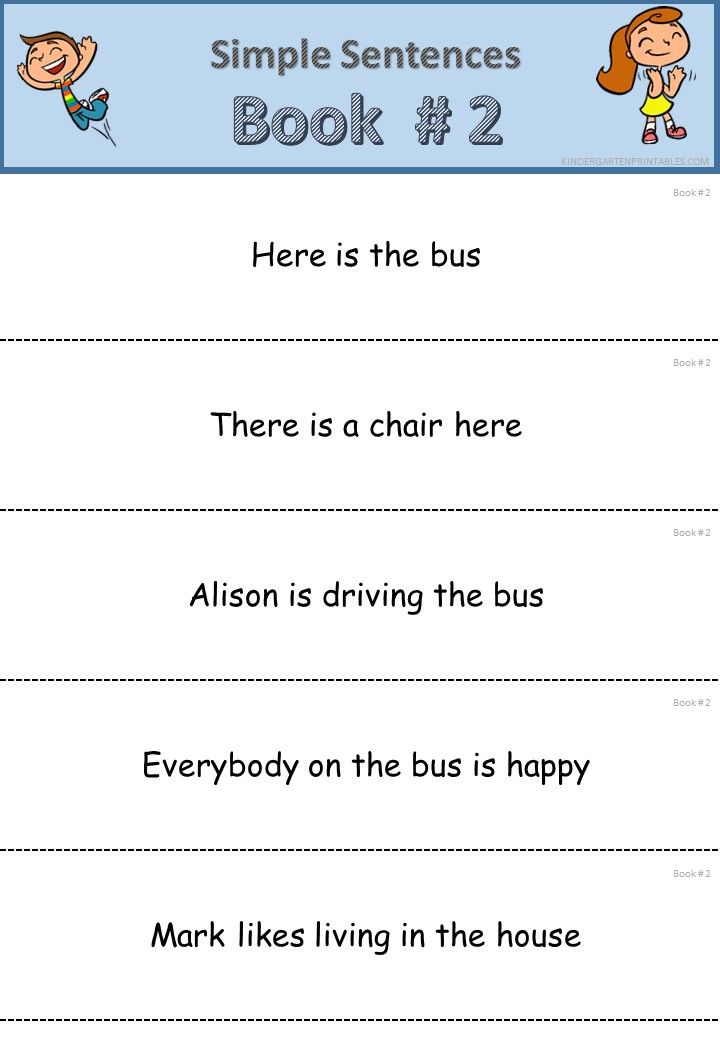
Through this fun activity, your child will start understanding the roles of predicates and subjects in sentences.
Simple Sentences For The Win!
A child’s language journey is pretty incredible. It often starts with lots of babbling and moves to single words. Soon, you get two-word combinations, and before you know it, you’re given a detailed account of what happened in class today.
As you’re doing the activities we’ve mentioned, remember to allow your child creative freedom. We know that language has a lot of rules, but that doesn’t mean it can’t be fun! Encourage your young learner to be as imaginative as they want to be.
For instance, if they write or say, “The lion growls at the dinosaur,” let’s celebrate the correct sentence construction and, for a moment, imagine a world where lions and dinosaurs exist in the same age!
For more fun and effective learning activities, check out the HOMER Learn & Grow app.
Author
Examples of Simple Sentences for Kids in English
A straightforward and easy-to-understand statement is referred to as a simple sentence.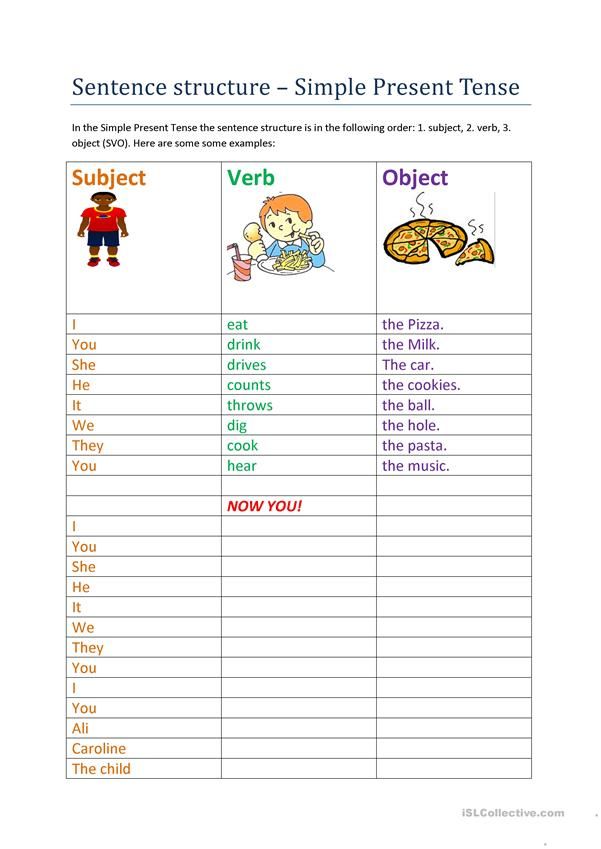 It’s the same as the fundamentals of a sentence. It only contains one independent sentence, which has only one subject and one predicate.
It’s the same as the fundamentals of a sentence. It only contains one independent sentence, which has only one subject and one predicate.
A simple sentence is also said to be the shortest sentence possible: It’s possible to make it with just two words, for example:
- I exceled
- He jumped
- Dog barked
- She helped
In general, a simple statement is precisely what it says on the label.
Simple Sentences ExamplesHere’s a list of simple statements you can teach your kindergartener:
- She doesn’t use a computer.
- It is good to shop wisely.
- He is a genius.
- An apple a day keeps the doctor away.
- Most people fry their eggs with tomatoes
- We live in Texas.
- You go on holiday every summer.
- Do you like spaghetti?
- My daughter does the laundry.
- Water freezes at 0°C.
- Do they talk a lot?
- Could you please make me a map of your street?
- I like to draw pictures.
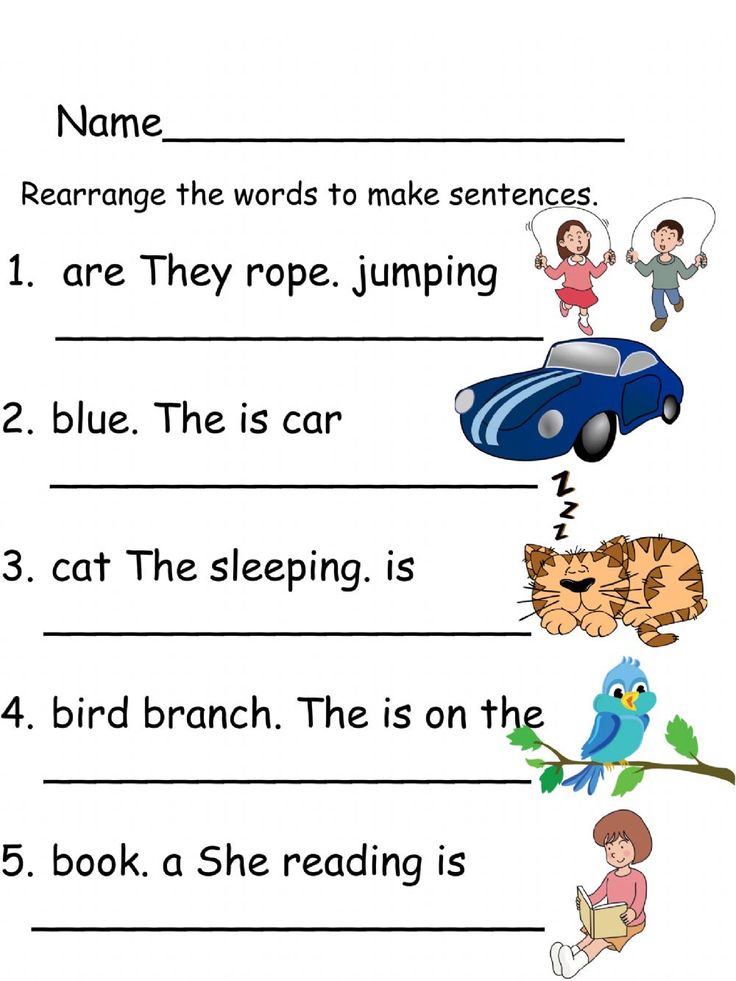
- I have three papers to write in three days.
- I would like to draw.
- I slept just three hours.
- I lent my mother some money.
- Please lend me your spoon.
- She always forgets her purse.
- The baby crept in slowly.
- We have a cash flow problem.
- A river flows through the valley.
- That river flows into Mexico City.
- The Rhine flows between France and Germany.
- Does he play tennis?
- She doesn’t study German on Monday.
- Cats hate water.
- Do they talk a lot?
- Do you like spaghetti?
- Does she drink coffee?
- Does she live in Paris?
- Every child likes ice cream.
- He doesn’t teach math.
- He drives to work.
- He goes to school.
- He loves to play basketball.
- I am very fond of eating
- My sister and I haven’t seen one other in a long time.
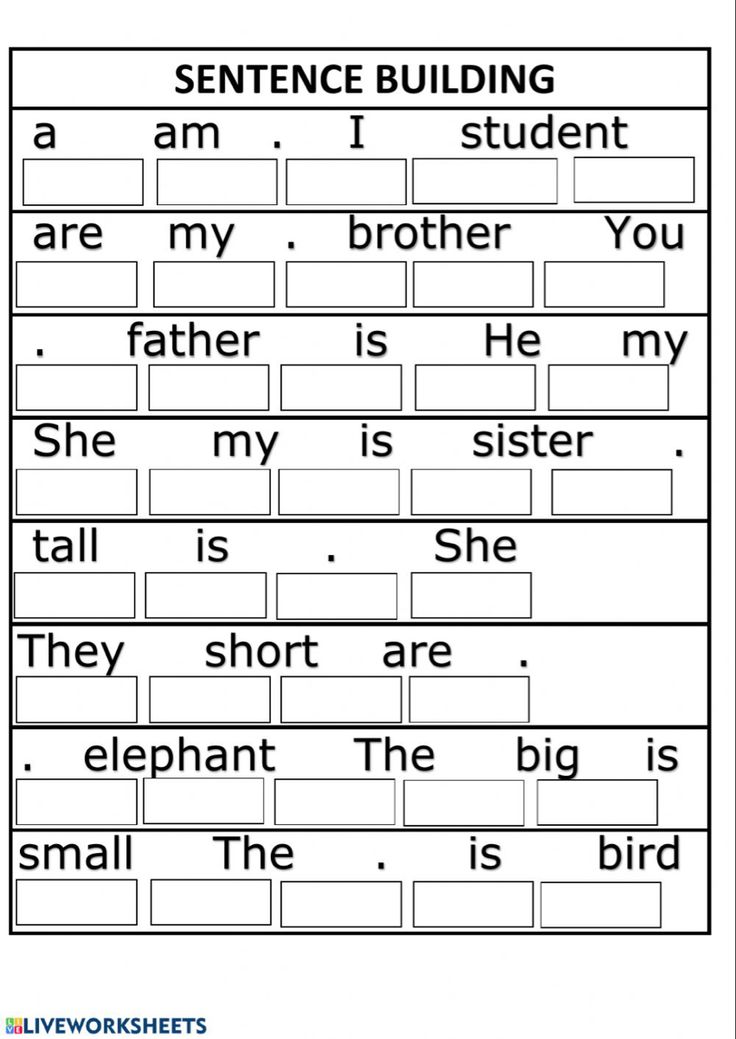
- I can run fast
- I do exercise at home
- I do love my new pets.
- I do my work alone
- I don’t fight with my brother
- I don’t like tea.
- I don’t wash the dishes.
- I enjoy eating cake
- I enjoy reading books
- I get up early in the morning
- I go to school in bus
- I have a ball at home
- I have a pet dog at home
- I have a small bed
- I have elder brother
- I have no money at the moment.
- I have two windows
- I love my new pets.
- I love playing basketball
- I love visiting my friends house
- I run four miles every morning.
- I sleep early at night
- I sleep with my pet dog
- Julie talks very fast.
- Mary brushes her teeth twice a day.
- Mary enjoys cooking.
- My brother takes out the trash.
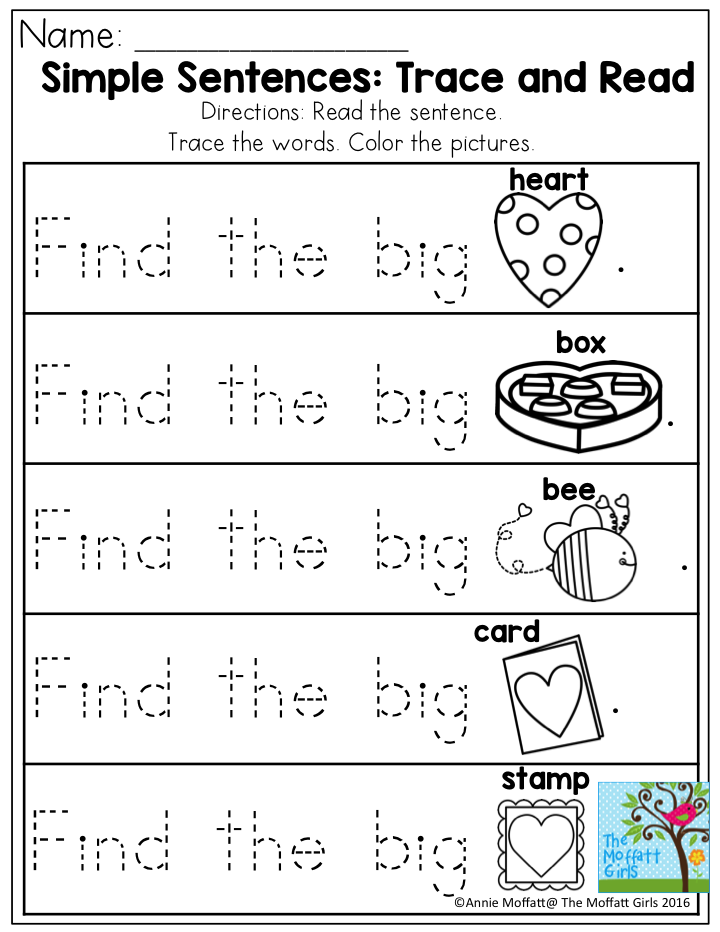
- My Dad never works on the weekends.
- My daughter does the laundry.
- my father has a car
- my mother is excellent cook
- my mother is making pasta
- My mother never lies.
- She always forgets her purse.
- She doesn’t teach chemistry.
- She doesn’t use a computer.
- She likes bananas.
- She swims every morning.
- The course starts next Sunday.
- The Earth is spherical.
- The train does not depart at 12:00 a.m.
- Every morning at 18 a.m., the train departs.
- They don’t go to school tomorrow.
- They speak English at work.
- Tomorrow, first I will go for a morning walk early in the morning.
- Water freezes at 0°C
- We drink coffee every morning.
- We live in Texas.
- We see them every week.
- When does the train usually leave?
- You don’t have children.
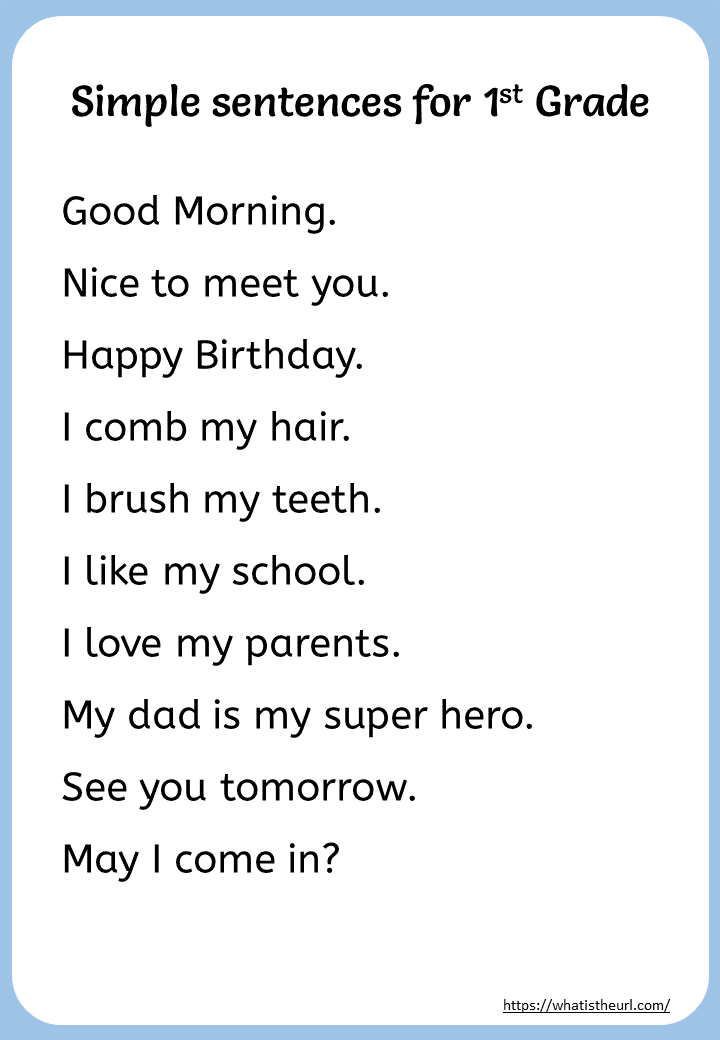
- You don’t listen to me.
- You go on holiday every summer.
- You have some schoolwork to do.
- You run to the party.
- Compound Subjects and Compound Verbs — Some phrases include a single subject and two or more verbs. It has a single verb and two or more subjects in other phrases.
For example:
- The dog barked and ran (Compound verb)
- Jack and Jill went up a hill. (Compound noun)
- Jack and Anna rented a get to the airport. (Compound noun)
- Single Subject and a Single Verb – A simple statement with only one subject and verb is known as a single subject and verb sentence.
For example:
- The staff performed well.
- A white shirt always looks sharp.
- He sold it on Amazon for a high price.
Finally, we must understand the most significant and fundamental conditions for constructing a simple statement:
- Must have a subject and a verb.
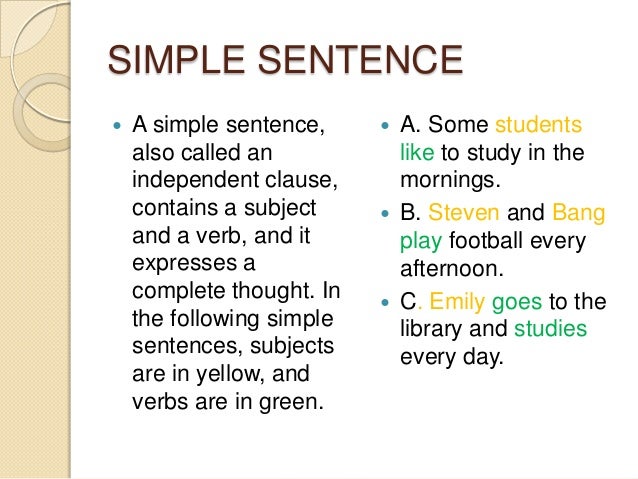
- Must express a complete thought.
- Must only have one clause.
These features will assist you in determining whether a statement is stimple or not.
Quick Links
- Examples of Compound Sentences
- Examples of Compound Complex Sentences
- Examples of Funny Sentences for Kids
We read simple sentences. Glenn Doman's early development methodology. From 0 to 4 years
We read simple sentences. Glenn Doman's early development methodology. 0 to 4 yearsWikiReading
Glenn Doman's early development methodology. From 0 to 4 years
Straube E. A.
Contents
Reading simple sentences
Glen Doman offers two ways to teach a child to read simple sentences.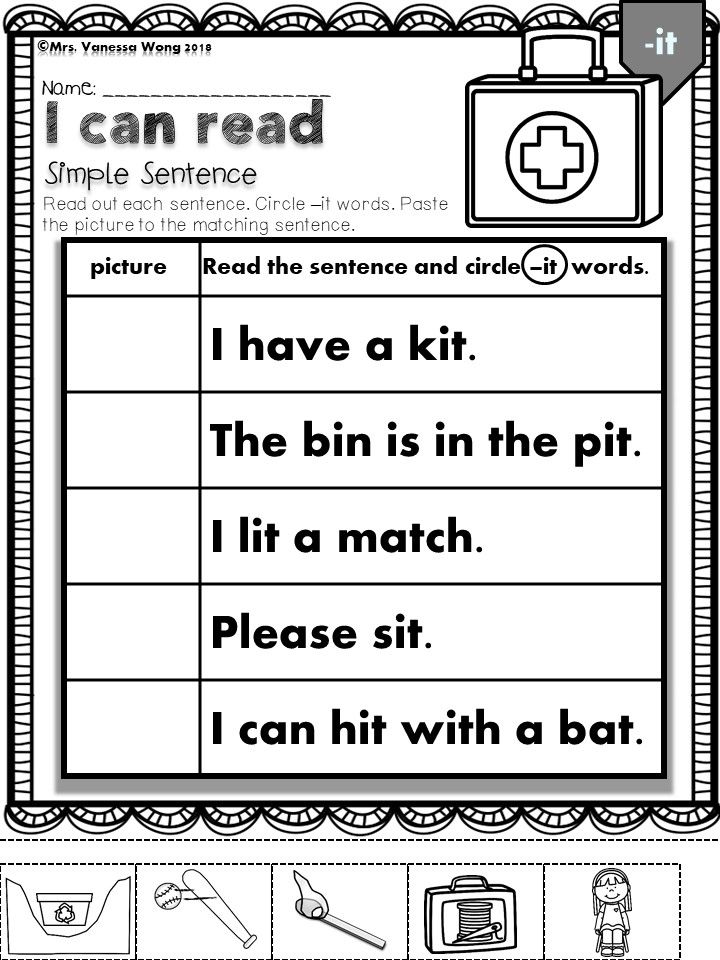
Method 1
Use your 10x45 cm cards to make a set of 5 sentences. You will have to reduce the font size to fit 2-3 words on the card. Therefore, the height of the letters should now be 5 cm instead of 7.5 cm.
Do not press the words against each other, let there be an empty white space between them so that they can easily “breathe”.
Show them to your child three times a day for no more than five days. Then start updating the set by removing 2 old sentences and inserting 2 new ones. Your child will learn them very quickly, so be ready to move on to new sentences without delay.
Method 2
Make a sentence book. This book will have 5 sentences and 1 illustration for each of them. Its size is 20x45 cm, the size of the red font is 5 cm.
Start with the first ten pages, which you will read to your child two or three times a day. After a few days, make a new chapter based on the same vocabulary.
The book can be illustrated with photographs of the child himself when he performs this or that action.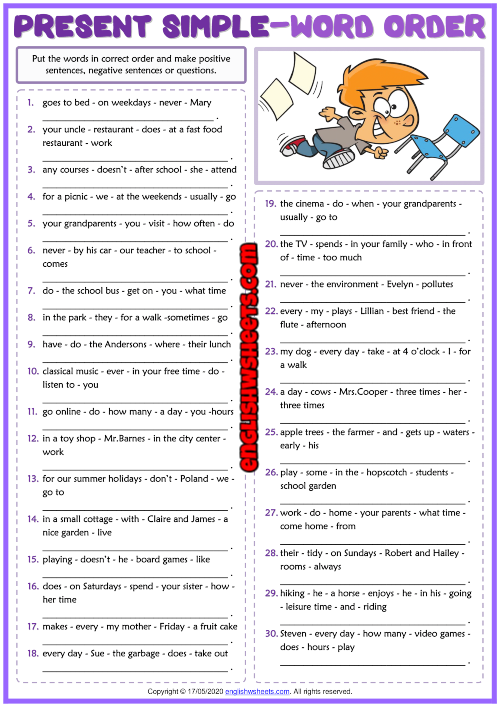 You will get an interesting diary of your child's life, for which all his photographs will be useful. As a rule, children are very fond of such albums and quickly learn the material illustrated by their own images.
You will get an interesting diary of your child's life, for which all his photographs will be useful. As a rule, children are very fond of such albums and quickly learn the material illustrated by their own images.
This text is an introductory fragment.
Simple tasks
Simple Tasks Money example. Problem: The girl constantly begs for money for clothes, expensive toys and entertainment. A lot of money is spent on this uncontrollably, and there is no end to conflicts. Objective: To stop endless disputes on this topic. Or: Make her spend
Part III The Simple Secrets of Effective Youth Work
Part III Simple secrets of effective youth work "Walking alone" instead of "Walking together" In 2003, almost ten years have passed since I first met Khodorkovsky.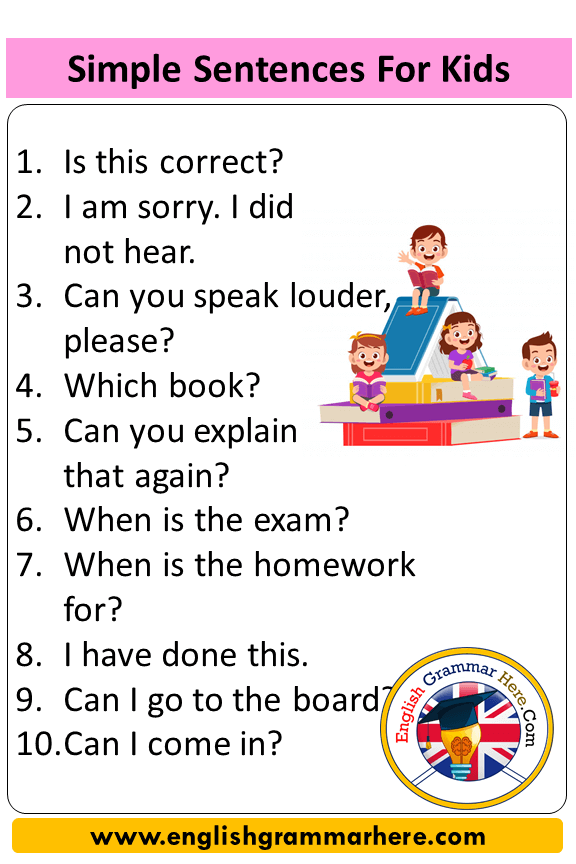 Lyceum "Podmoskovny" stood confidently on its feet; based on several regional universities,
Lyceum "Podmoskovny" stood confidently on its feet; based on several regional universities,
Step 3 Spell
Stage 3 We spell For the Journey of Words game, improve the train from the previous exercise - attach another trailer with a pocket to it. On the cards, write no longer letters, but syllables (after all, the baby already reads them confidently). Then the game is repeated, but visit
Stage 4 Reading offers
Stage 4 Reading offers For the game "Make a phrase" write on the cards the words in different grammatical forms. Invite the child to choose the right words and put them next to each other. For example: NEW DRESS IT'S TIME NEW YEAR CAME CHILDREN NEW TOY COME
Exercise 5 Reading
Exercise 5 Reading Along with writing comes reading.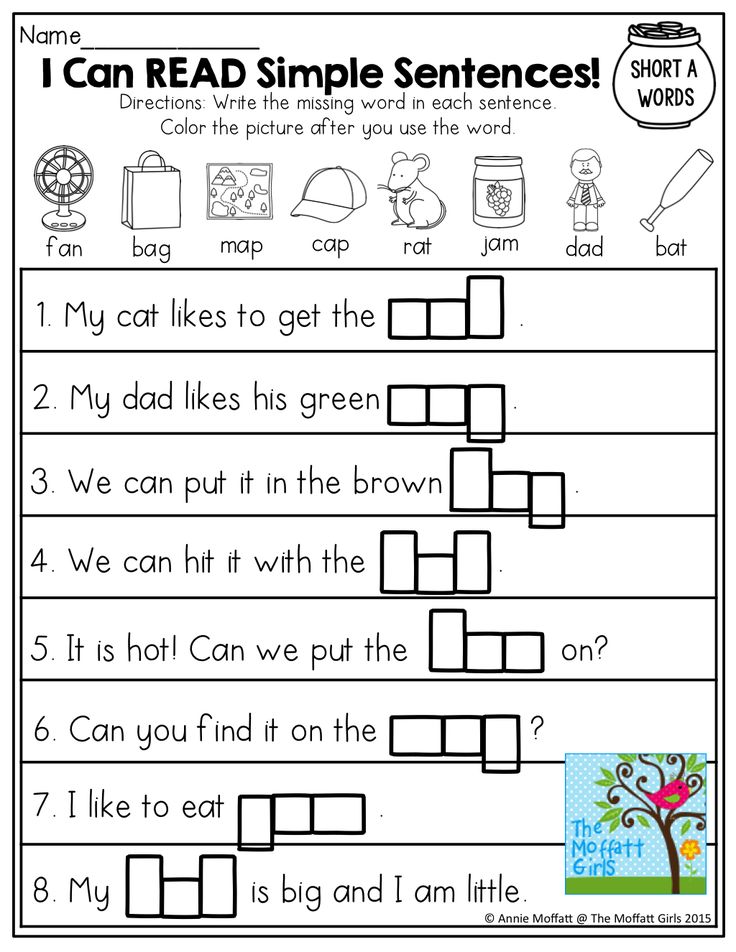 A child who makes up words from movable type on his own is already beginning to read. From words, as in writing, they move on to phrases, and from cursive to
A child who makes up words from movable type on his own is already beginning to read. From words, as in writing, they move on to phrases, and from cursive to
Exercise 15 Reading Tolstoy
Exercise 15 Reading Tolstoy We make homemade books: a picture remains on one page, and on the other we put a sentence taken from the texts of Leo Tolstoy's ABC. The child reads a sentence in a book and looks at the picture, comparing
Stage 4 Reading simple sentences
Stage 4 Reading simple sentences Having mastered phrases, the child will easily move on to simple sentences. By this time, he probably knows how to read at least 70-100 words. From them you can easily compose simple phrases. For example: MOTHER IS GOING, THE CAT IS SLEEPING, MASHA RUNS. There are two
Reading in a foreign language
Reading in a foreign language Try to have books in the child's library in the foreign language that you are studying with your child.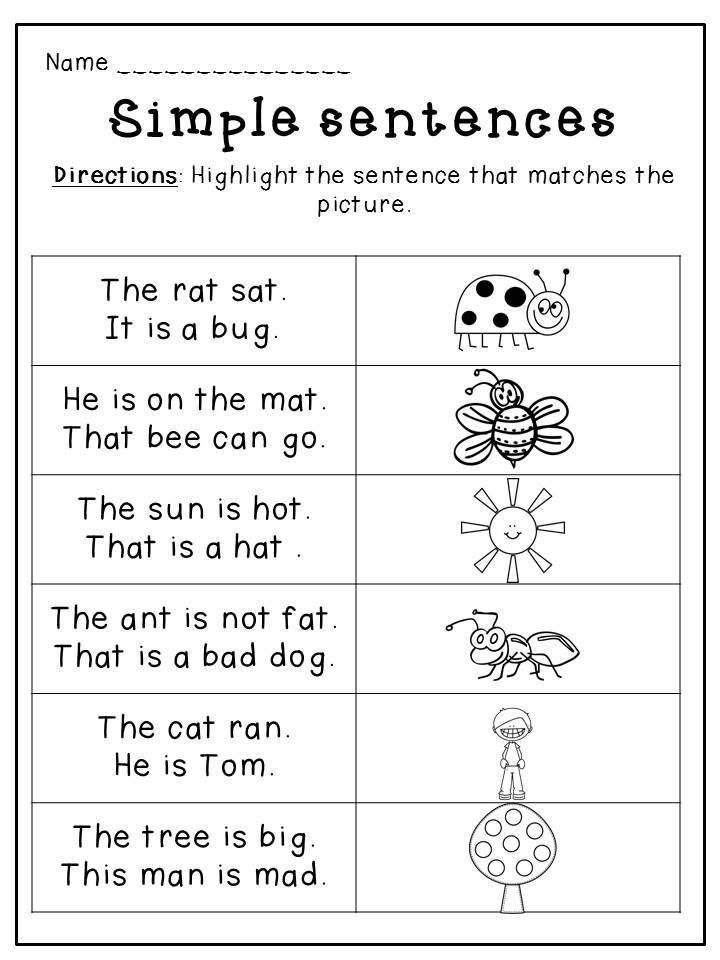 Initially, these may just be picture books, because young children are not so much read books as they are looking at
Initially, these may just be picture books, because young children are not so much read books as they are looking at
Reading common sentences
Reading common offers By this stage, your child is already able to read complete sentences that express a complete thought. At this stage, it is necessary to increase the number of words in a sentence. If before that you chose from 5 nouns and 5 verbs one by one
Chapter 6 Honorable? Shall we play? Easy Ways to Solve Complex Problems
Chapter 6 Do we honor? Shall we play? Simple ways to solve complex problems How fairy tales help to cope with children's lies Many parents will be skeptical about the idea of fighting children's lies with the help of some fairy tales and stories. I have heard the opinion more than once that “you just don’t need
Your sentences do not fit his type
Your offers don't suit his type We have already talked about the types of our eaters, so think about it, maybe you are offering your baby something that is completely incompatible with his type.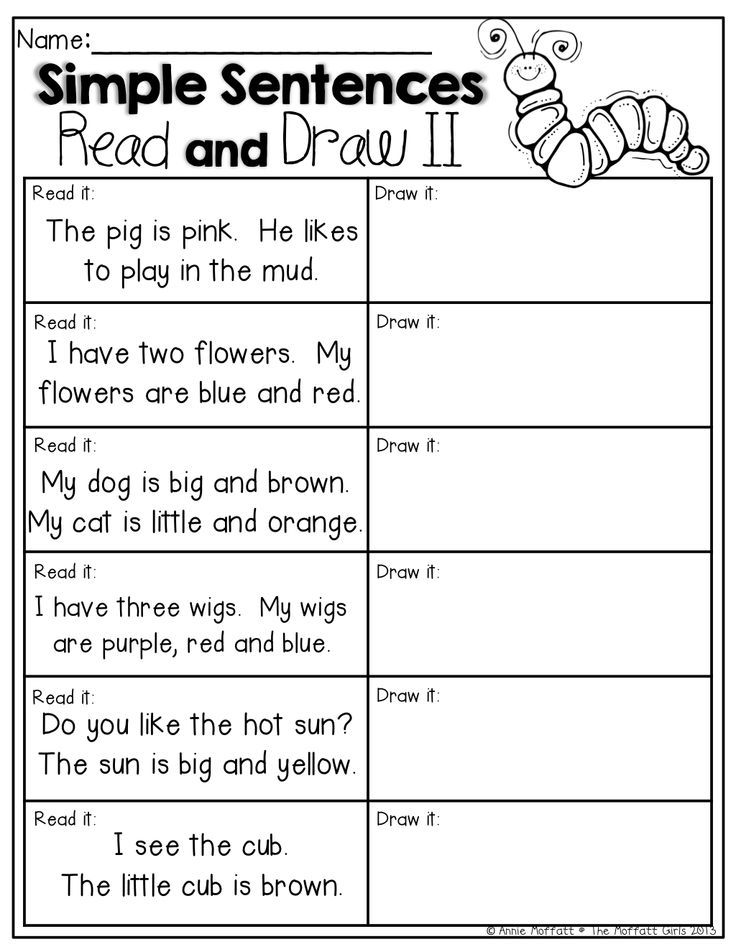 If you want your butt to swallow lunch because you're late for something,
If you want your butt to swallow lunch because you're late for something,
Easy and quick ways to cheer up
Simple and quick ways to cheer up • Play windmill. Show your child how to rotate their arms and legs to stimulate blood circulation and feel a surge of energy. • Try to sing a fun song or
18. Reading the face
18. We read in the face Age: 4-12 months Difficulty level: Intermediate Field of study: Emotional developmentExperiment You will perform the following series of tests twice: with a four-month-old baby and shortly before or shortly after he celebrates his first day
First offers
First offers The child's first sentences and sentences are reminiscent of a mean telegram or today's newspaper headlines - only nouns or only nouns and action verbs, such as "Bye, bibika.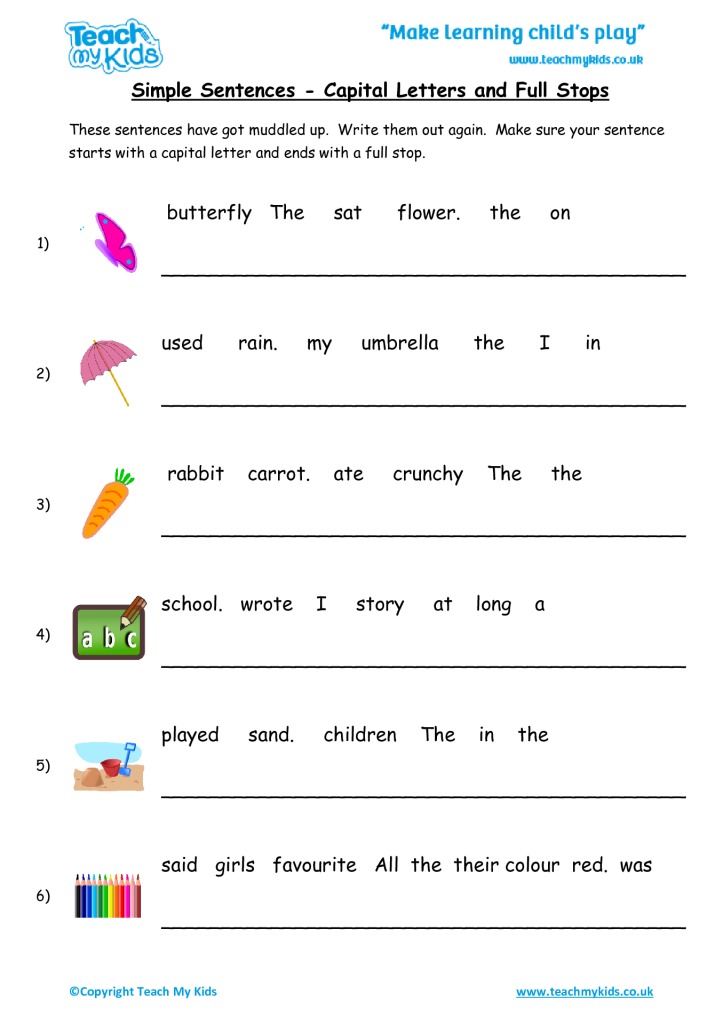 " “Bye” is associated in the child with leaving the house
" “Bye” is associated in the child with leaving the house
Sentences with the word "children"
We found 80 sentences with the word "children". Synonyms for children. Meaning of the word. Characters. "children" - morphemic analysis.
- Sapgir himself hints at the fact that these are “adult” children's poems in the preface: “Dear children and respected adults children !
- But the wife of Heinrich, brother of Wilhelm, is also their sister, and she has children , so the hope is that here children can be.
- In those years we were not just children of , we were children of Bolshevik communists.
- The family is poor, and the children have to earn their own living .
- A children there are children : while bathing, these toys were grabbed and exploded.
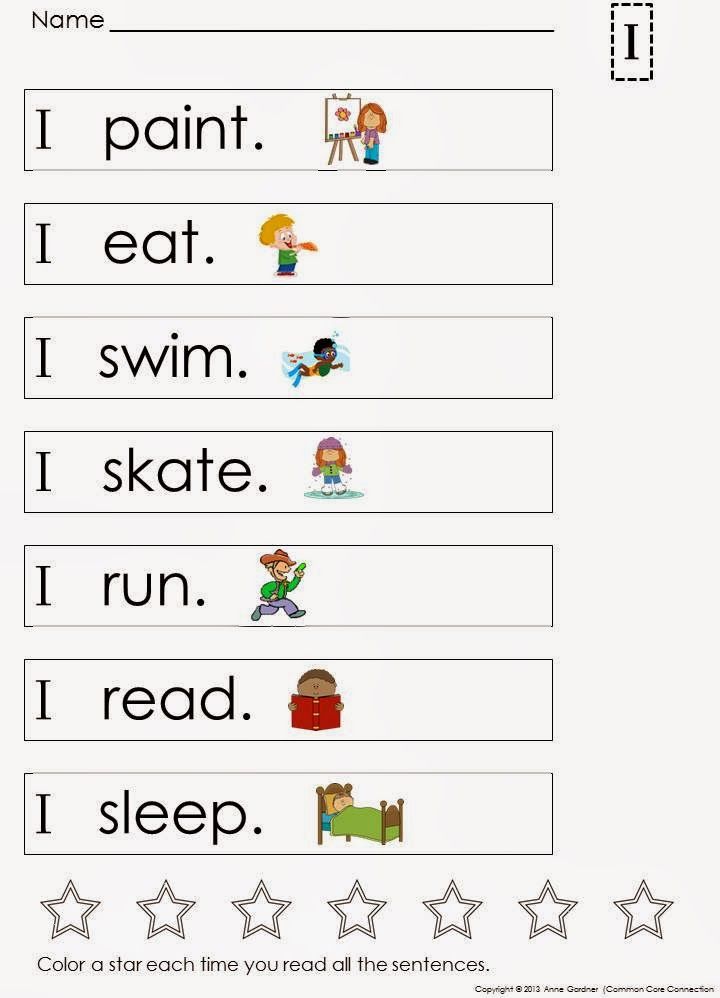
- I wanted my children to communicate with me in the same way as his sons with Tom, so that my the children of also loved Shakespeare and South Park.
- And finally, you understand: it was that the children of and the grandchildren of these people were thrown into the street in the seventeenth year, when it exploded!
- The family, in which the children of the general and the children of the seminarian grew up together, lived in a large neglected villa.
- The master's children , like all children , loved scary stories.
- Children wear short pants all winter and at the same time catch colds much less than Russians children who are used to being wrapped up by their parents.
- Like all children of , of course, I always tried to involve my mother in my game, and then one of the servants.
- Children , who wanted not prunes, but Pushkin, are none other than children of Pavel Ivanovich Panafidin, married to Anna Ivanovna, born.
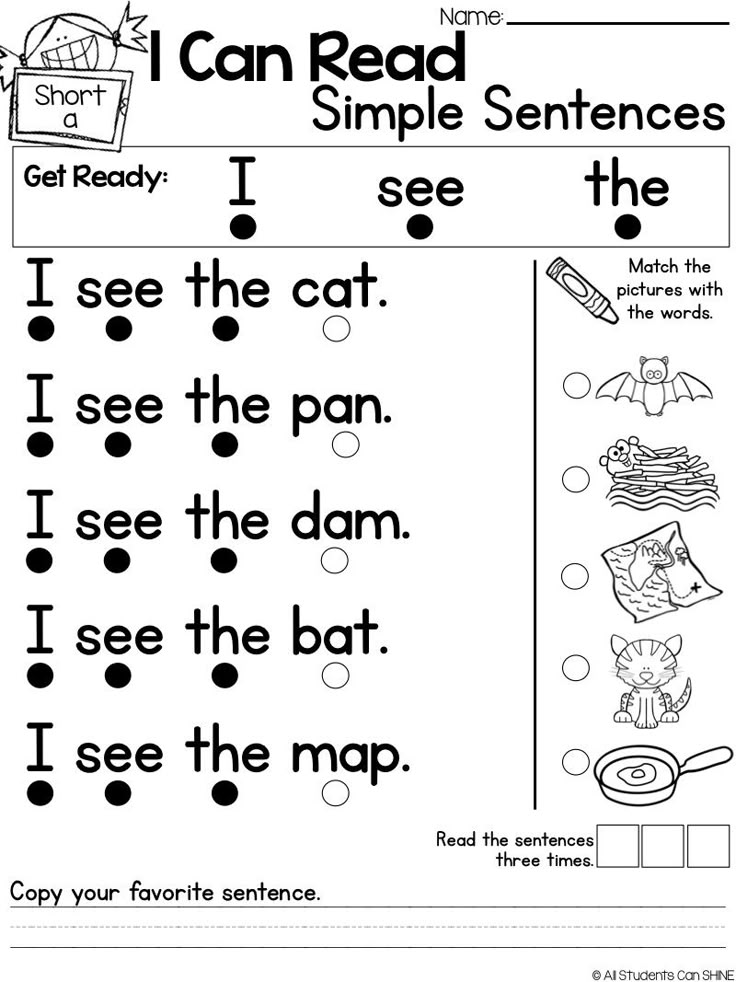
- Children took food on their own, older children looked after the younger ones.
- There were no students in our class children of repressed, children of "enemies of the people", so there were no dissidents here.
- We ourselves were still children , as the old proverb says, and tenderness helped to keep blackness out of the heart.
- While children were small, everything was fine, but when children grew up, the scythe went to the stone.
- Children of often copy adults, children of artists become artists simply out of imitation, having neither talent nor vocation.
- Their children grew up in Hempstead and all children of went to good schools.
- The servants and children of were completely devoted to her and immediately obeyed her every word.
- To be not evil like children is not true, children are very angry.
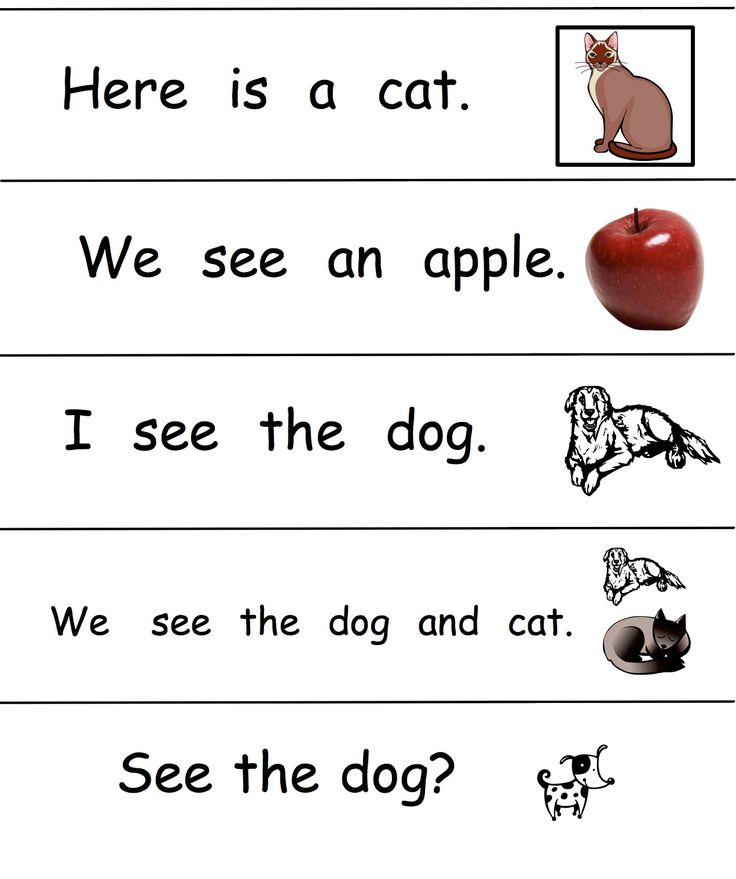
- I remind you that these are not peasant children and not workers.
- In the 16th century, it was at this age that noble children entered the military service, and children of nobility received lower court positions.
- And it seems to me that when the children of fell asleep, Tabby and I indulged in tenderness.
- If she stays alive, we will still have other children !
- Pieces of the soul are children - poems, children - cripples, because the soul appears not as a single canvas, but in shreds, pieces, in discontinuity.
- Children ran next to the car, trying to sell us chewing gum and cookies.
- Some children frolic in the pool, separated from the frost by a transparent greenish wall.
- And my father couldn't get it right in his head: if we are children of the most advanced teaching in the world, then why is everything around so ugly?
- The first years after marriage, Keke regularly gives birth, but children die.
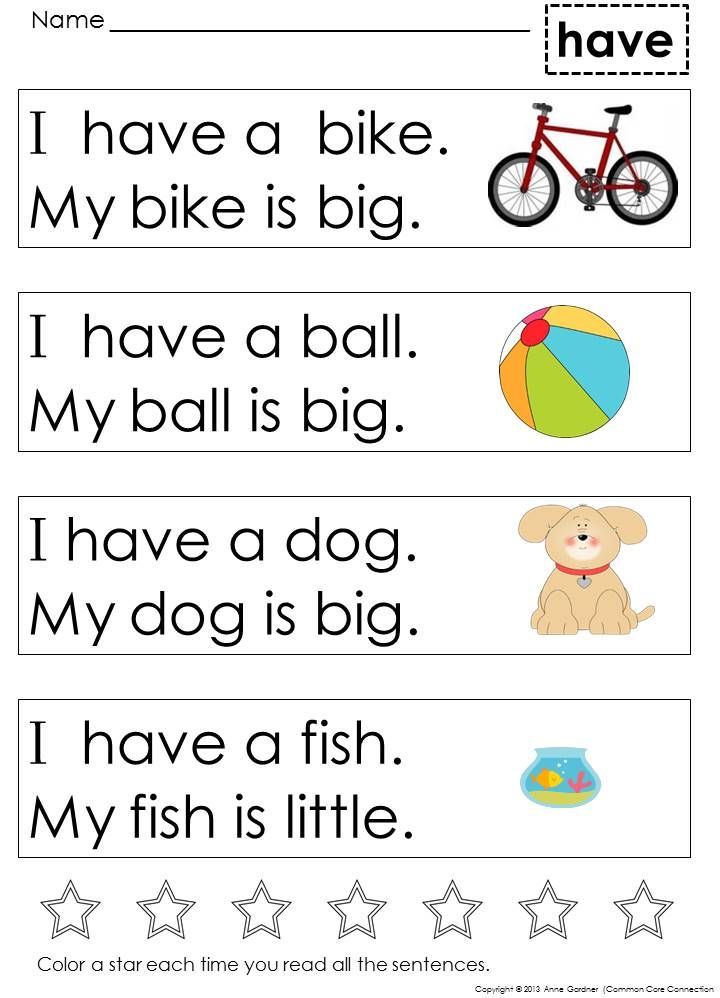
- According to Halakha (Jewish law), only the descendant of a Jewish mother (her children and children of her daughters) is considered a Jew.
- Of course, the current children of would find them obsolete, but Mrs. Molesworth had a knack for plot twisting and character building.
- Until now, I thought that only children quarreled, and this does not happen with adults.
- Maria Mark stood between two swearing women, not knowing what to do, and only lamented: " My children , children ".
- Children of and they mocked Vincent, but he still patiently worked with them, diligently taught them and spoiled them.
- It was a very expensive school, where children of ministers, children of top bourgeoisie, children of scientists study.
- Nobles, children officials, teachers, district guards, prasolov, kulak children and rarely the poor.
- They thought much less about their children being “no worse than others”.
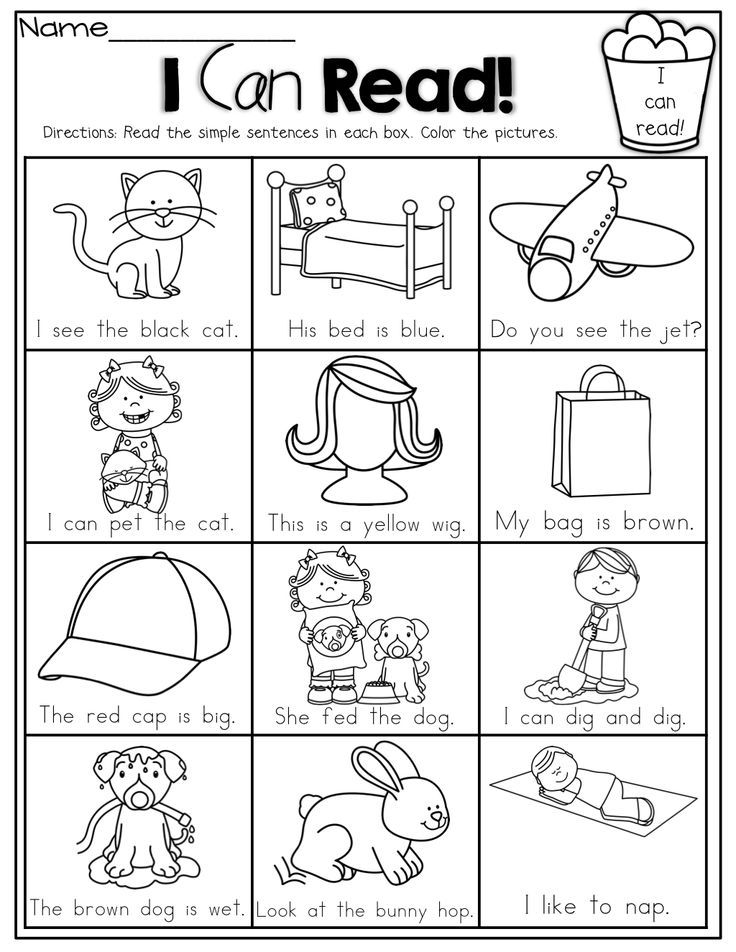
- She understood that children are children , and that children's nature, as well as world history, cannot be changed.
- Five of them were soldiers children and children workers.
- Why do children really love fairy tales about bears, wolves and witches?
- https://sinonim.org/
- Parents often think that their children are special in every way, simply because they are their children .
- Probably, she, like any mother, believed that her children were infallible and were being spoiled by some other evil children .
- The closest to the school was the 61st secondary school, where I studied, and 90,099 children of 90,100 many commanders who worked in the school studied in it.
- But we were children , her children , and this protected us from all evil.
- In the end, the children of agreed to command the Austrian army together in order to smash the French to smithereens.
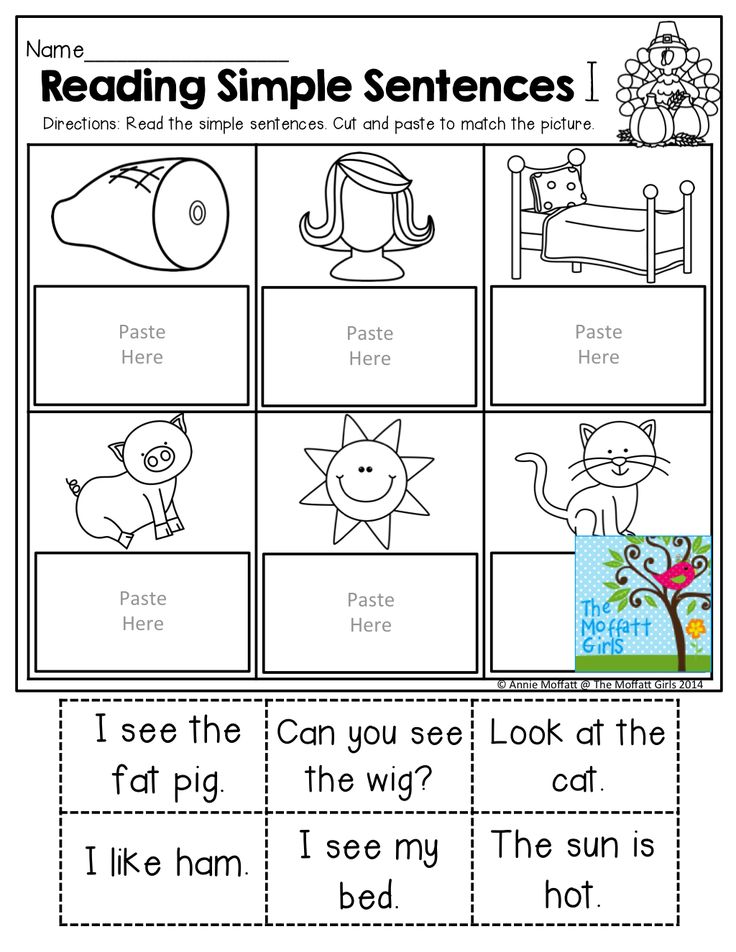
- At this age, children of the nobility entered the military service as "novices", and children of the nobility received lower court positions.
- They say that in the barracks everyone sleeps side by side: men, women, children .
- In his presence, the children fell silent , enchanted by his stories and at the same time frightened by his sudden outbursts of anger.
- All kids are like kids are and this one made up an excuse for not going to school.
- My children will definitely have to read all her books.
- Where did not "cooks" children end up (who were just forbidden to be admitted there by the circular of Minister Delyanov).
- As heirs were: children , adopted children , grandchildren, children from a slave-concubine, if the father recognized them as his own.
- In Khoiniki, not only children of Jews, who were very numerous, but also children of Belarusians spoke Belarusian and Jewish.
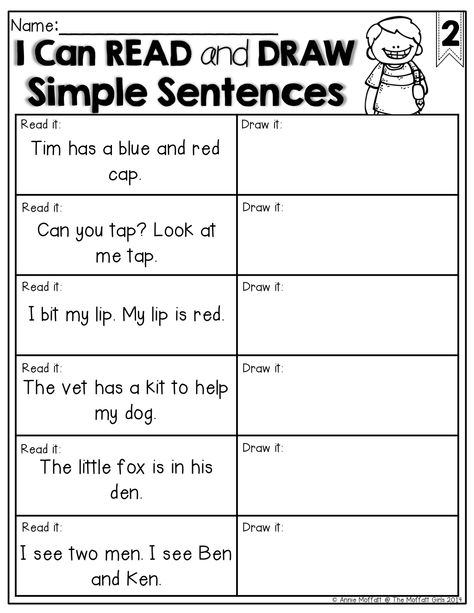
- Children of grow up there physically, spiritually and morally healthy (for me, these qualities are inseparable).
- From time to time goats and children .
- You know, sometimes I find it hard to believe that these are my children that I am their father.
- The children of grew up, but they were rickets and semi-idiots.
- Some time later Fedor and Alena, children of Bondarchuks, appeared in the restaurant.
- children of responsible and semi-responsible workers, children of figures from the service and trade sectors stood out sharply.
- Children of brought us a lot of happiness (but, of course, like all children , and not only happiness).
- Even children of Solombala, playing on the water until late in the evening, sing their special songs.
- It is unpleasant if children of grow up stupid, ugly, but too smart and successful children of drive us into complexes and become judges of our failures.
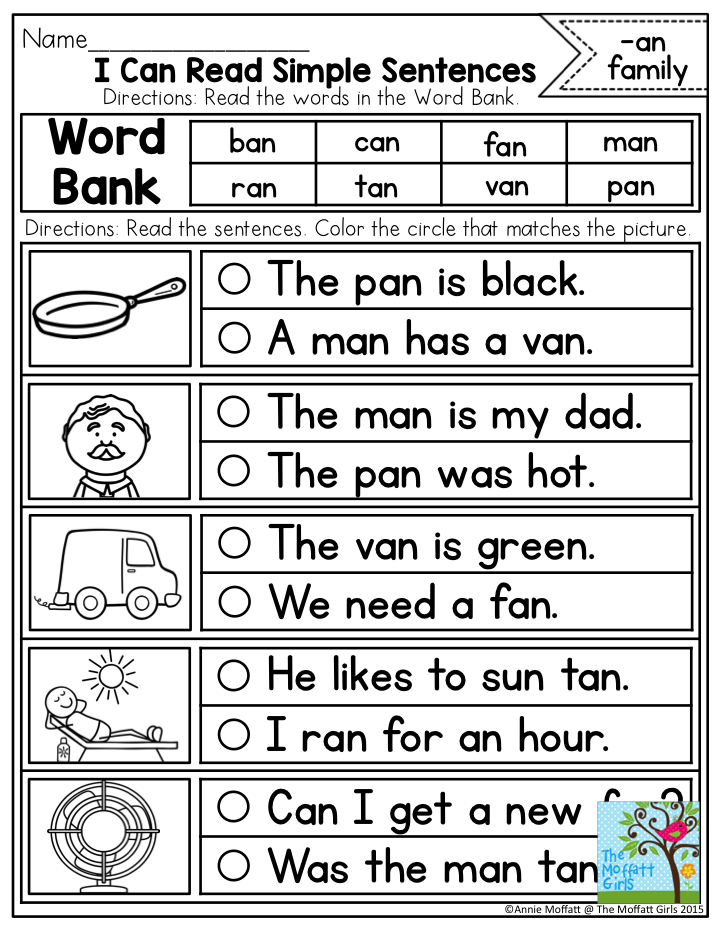
- In the event of Edward's death (in the absence of heirs), Mary will inherit him, then her children , then Elizabeth and her children .
- Marguerite and I had a heated argument about how 9 babies were born.0099 children .
- The ancient prediction of the Delphic oracle was fulfilled: "Blessed is Kipsel himself, and his children, but not his children, his children."
- But children there are children : there are always problems with literacy and thought.
- He knows perfectly well that his children are his, and my wife will be the first to complain if he does not agree.
- And so he himself led the newlyweds into the bedroom and ordered: “Come on, children !” And stood by the bed until " children "did not become husband and wife.
- And defiantly rude, like many children with physical disabilities.
- He even led the newlyweds into the bedroom and ordered: “Come on, children !” And he “was on duty” at the bedside until “ children ” became husband and wife.
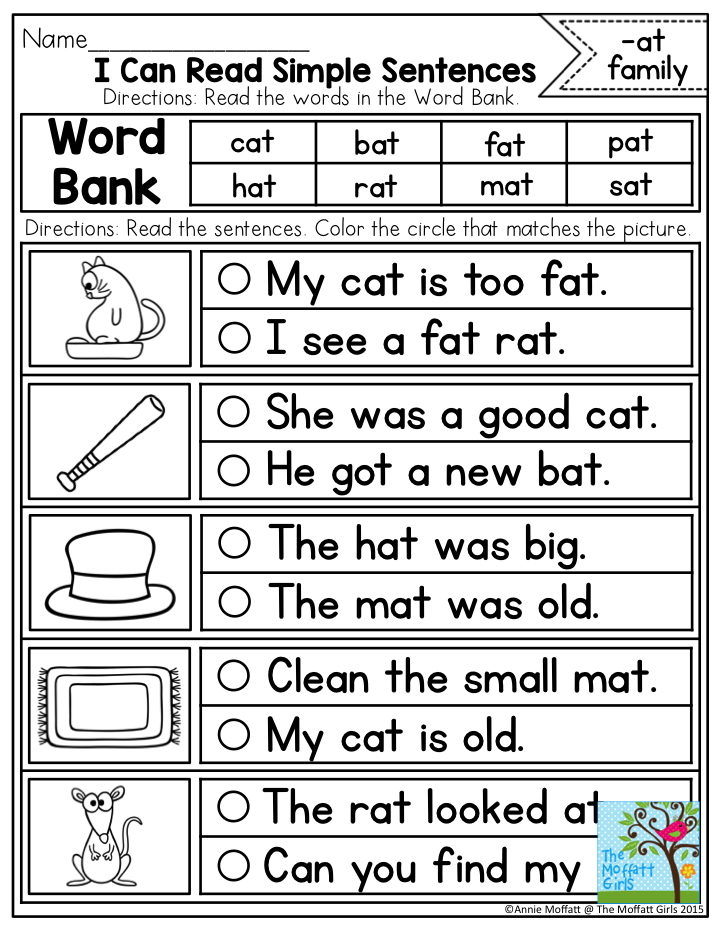
- Three-month-old children do not understand words, but they feel intonation.
- Women were the same children , only taller.
- Mr. Artur Frenkel's children my children .
- He loved Karlin no less than his wife, with the only difference being that the consequences of his tenderness were not those from which children would be born.
- In "It" the children of call it Wasteland, we called it the jungle.
- children from the Bialystok region of Belarus, children from Lithuania, as well as a large group of children from neighboring Poland, who back in 1939
- Their mother and their children went hungry, hid from the iron paw of the authorities, but children of survived, received education and became worthy people.
- After such a sale, the woman became the legal wife of the buyer, and her children from this new marriage were also considered legitimate.
